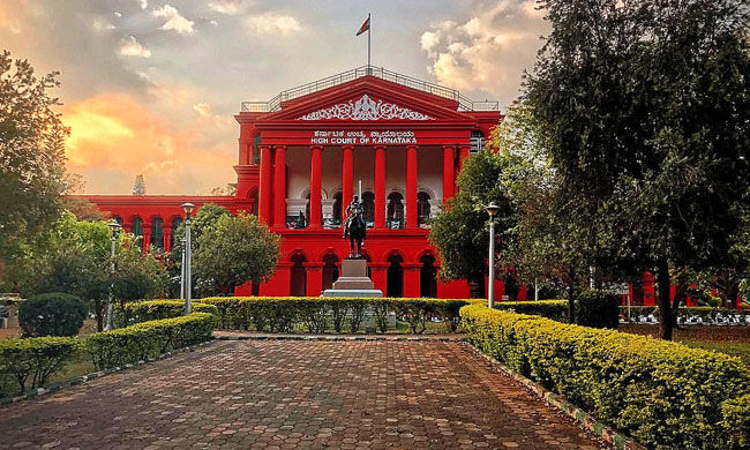Magistrates Should Apply Mind, Record Reasons While Rejecting B-Summary Reports: Karnataka High Court Quashes Criminal Intimidation Case
Mustafa Plumber
2 Sept 2021 6:15 PM IST

Reasons are the "live links" between mind of decision taker, to the controversy in question and the decision arrived at, the Court said.
Next Story


